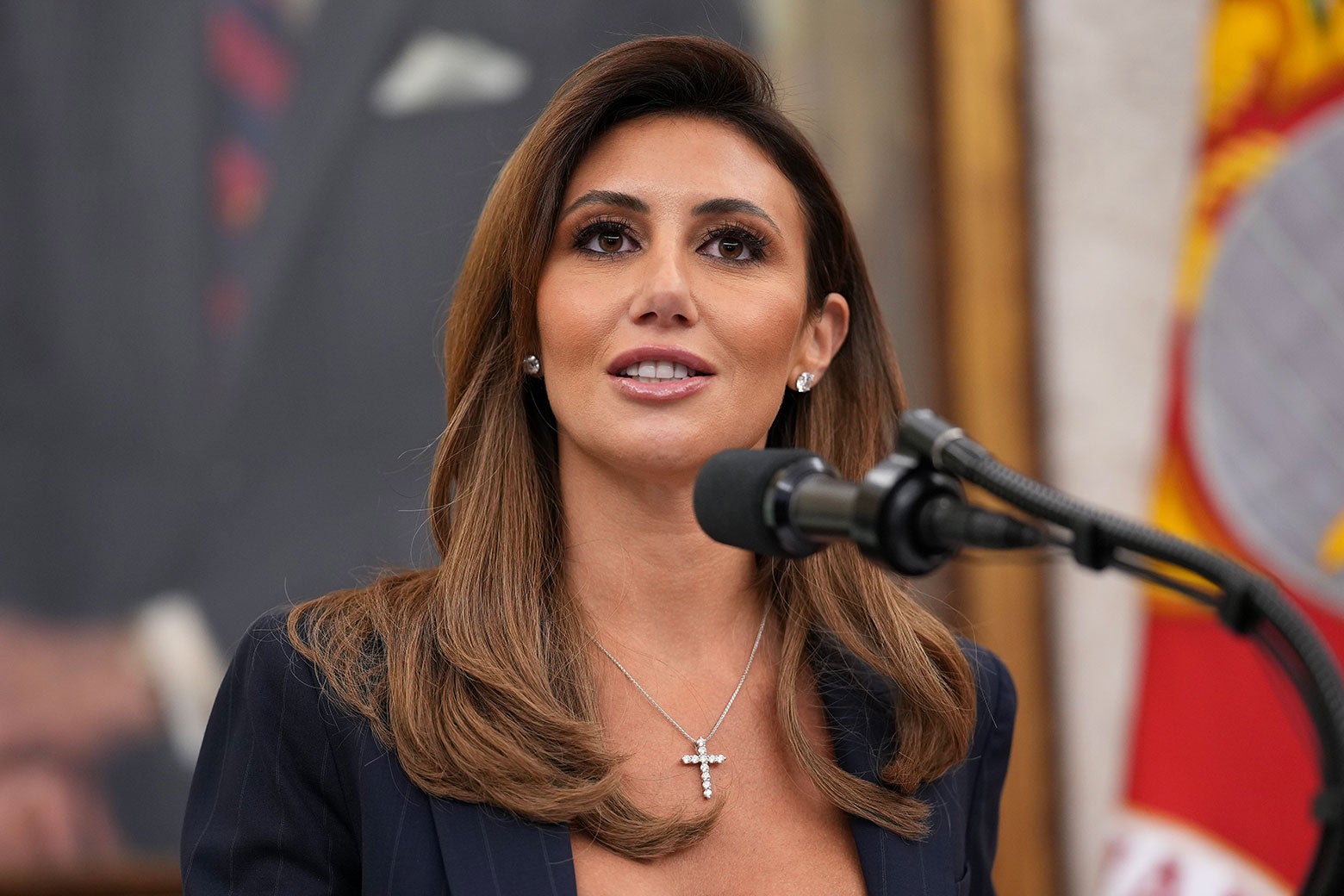
"The Justice Department rejected a federal court's authority to name a new U.S. attorney to New Jersey, directly confronting the judiciary and questioning its legitimacy."
"The administration responded to the court's actions by firing Habba's constitutionally appointed replacement, labeling the court as a corrupt body of 'rogue judges' colluding with Democrats."
"'Unusual for the executive branch to dismiss the power of the judiciary with such vitriol.' This reflects an alarming trend in the expansion of executive authority."
"Habba, appointed despite her lack of qualifications and experience, embodies the precariousness of the current judicial system, revealing how Trump’s actions have compounded existing crises."
The Trump administration confronted the judiciary by rejecting a federal court's authority to appoint a new U.S. attorney in New Jersey, instead firing the court's constitutionally approved candidate. This unprecedented move was accompanied by accusations of corruption against judges. This administration's approach to executive power has been buoyed by a Supreme Court that has expanded presidential authority. The crisis at hand reflects Trump’s disregard for judicial integrity, having appointed an unqualified lawyer to the position, exacerbating tension within the government.
#judicial-conflict #executive-authority #trump-administration #legal-appointments #constitutional-issues
Read at Slate Magazine
Unable to calculate read time
Collection
[
|
...
]